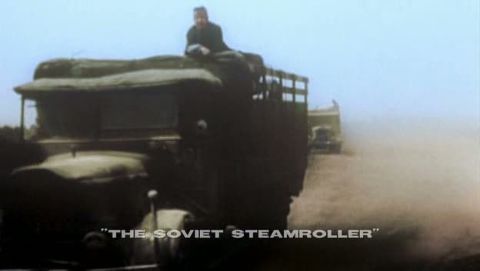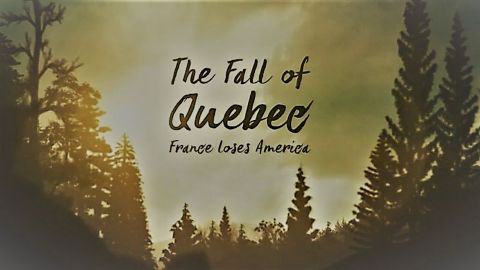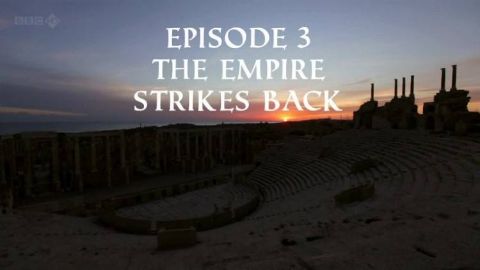Mariupol: The People's Story • 2022
In a little under three months, residents of what was a thriving city witnessed the deaths of women and children in a maternity hospital and bodies left abandoned on the streets of Mariupol. Filmed and told by many of the citizens of Mariupol, this powerful documentary records the deaths of thousands and daring escapes, and is the story of their loss, bravery and determination.
Make a donation
Buy a brother a hot coffee? Or a cold beer?
Hope you're finding these documentaries fascinating and eye-opening. It's just me, working hard behind the scenes to bring you this enriching content.
Running and maintaining a website like this takes time and resources. That's why I'm reaching out to you. If you appreciate what I do and would like to support my efforts, would you consider "buying me a coffee"?
Donation addresses
BTC: bc1q8ldskxh4x9qnddhcrgcun8rtvddeldm2a07r2v
ETH: 0x5CCAAA1afc5c5D814129d99277dDb5A979672116
With your donation through , you can show your appreciation and help me keep this project going. Every contribution, no matter how small, makes a significant impact. It goes directly towards covering server costs.





